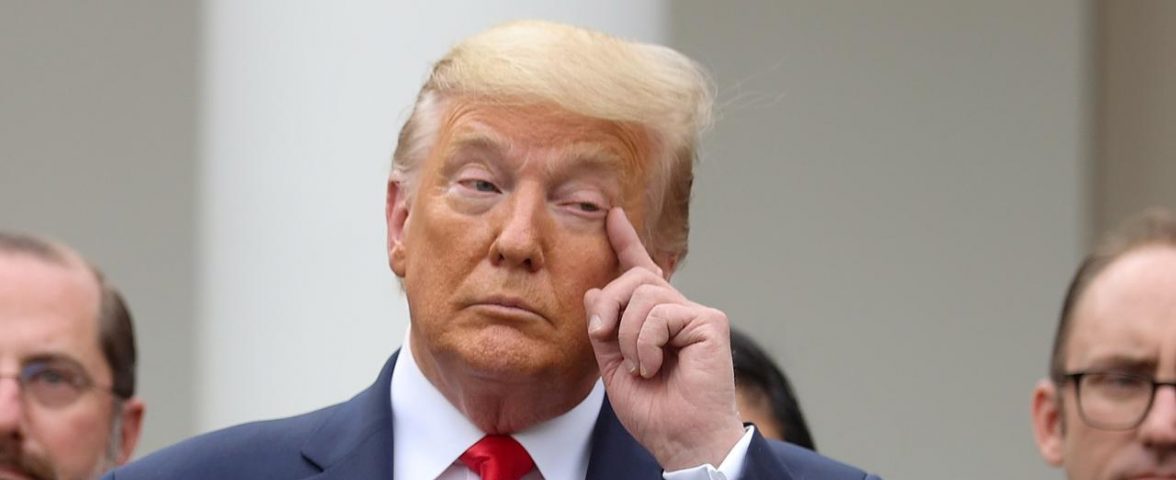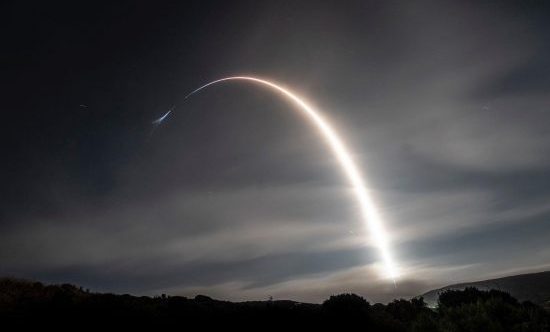Blaming others may be unfair, but it calms passions because it identifies the problem with an external source and makes it easier for nations to put up with its consequences because they cannot control the behaviour of that source. As in previous eras, blaming others is an effective political tool used by governments on all continents.
The global crisis in the wake of the novel coronavirus pandemic has become the biggest challenge for national governments everywhere. One of the most common tools that politicians use to avoid being held accountable for the consequences of a pandemic is to blame others. In this way, the government shifts public attention, tries to maintain political initiative and, ultimately, to avoid an internal political crisis.
As a result, conspiracy theories multiply. However, blaming others also means exerting pressure on internal and external opponents.
The United States has set the standard for such allegations. President Donald Trump, in his commentary, uses the term “Chinese virus” to refer to the coronavirus and proposes an “American solution” for this “attack”. The Trump administration is also speculating about the possible artificial origin of the COVID-19 virus in a biological laboratory in Wuhan, China. In his comments, President Trump called coronavirus a more serious challenge for the United States than the Japanese attack on Pearl Harbor or the 9/11 terrorist attacks: “It should have never happened. Could’ve been stopped at the source. Could’ve been stopped in China. It should’ve been stopped right at the source. And it wasn’t.”
The United States suspended membership in the World Health Organisation and ceased contributions to its budget. According to the US administration, China misinformed everyone regarding the extent and danger of infection, and the WHO actually became “China-centric” and “a puppet of China”. Trump also speculated that China either could not stop the spread of coronavirus, or allowed it to spread freely.
The American point of view was supported by some allies. Australia and the EU countries initiated an independent investigation in the WHO to verify the origin of the coronavirus infection and how recommendations were made on how to combat it.
In response to these attacks, Chinese diplomacy began to develop its own accusations, directed against the United States. In March, the speaker of the Chinese Foreign Ministry accused the US military, who participated in the World Military Games in Wuhan in the fall of 2019, of bringing this virus to China. However, neither these allegations, nor President Trump’s accusations of the virus having a man-made source, have been supported by strong evidence.
The Brazilian authorities went the other way. President Jair Bolsonaro is the only world leader who claims that coronavirus is an invention of the world’s media, and that media hysteria exaggerates the scale of the disaster. He blames the consequences of the pandemic on governors, mayors, members of the government and media disloyal to him. His key argument is that as a result of strict quarantine measures and a halt to the economy, the country will lose more people than if economic activity continues. Two Brazilian ministers of health, who were forced to resign, have consistently disagreed with this line. However, the strategy proposed by Bolsonaro is rather risky, since it underestimates the significance of the pandemic and does not propose an active plan for economic and epidemiological recovery.
There are more inventive ways of shifting the blame to others. Thus, Therese Coffey, the British Secretary of State for Work and Pensions, accused the Scientific Advisory Group for Emergencies (SAGE) of giving incorrect recommendations to the government on how to manage the crisis. As a result, in Britain there are 44 thousand deaths due to the pandemic, the second largest number of victims after the United States.
Opinion polls conducted in April showed that about half of Germans consider Italians and Spaniards to be guilty of their problems with the coronavirus, who supposedly badly coped with the development of the pandemic in their countries. In Italy and Greece, nationalist movements accuse the migrants from the Middle East and North Africa of spreading the coronavirus. These and other episodes illustrate that shifting blame onto others is an easy and relatively effective means of political management during times of crisis. This allows governments to take the initiative and shift public attention to other topics. Blaming others may be unfair, but it calms passions because it identifies the problem with an external source and makes it easier for nations to put up with its consequences because they cannot control the behaviour of that source. As in previous eras, blaming others is an effective political tool used by governments on all continents.
Original publication valdaiclub.com












